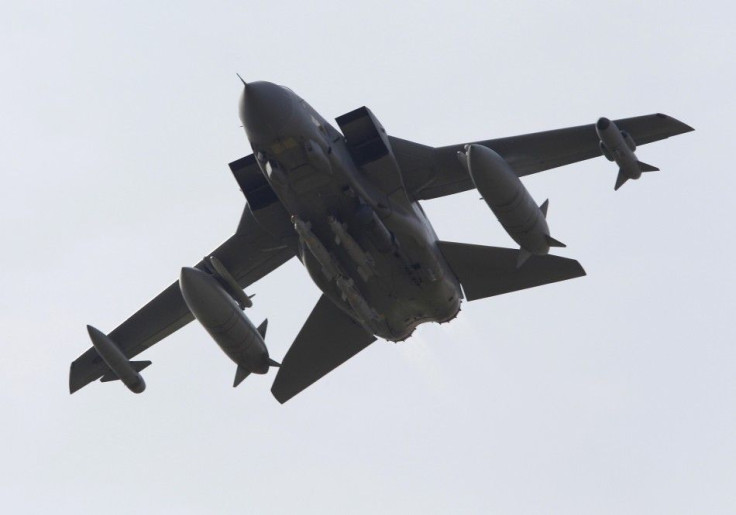Shrinking UK Military Gets Approval To Hit ISIS In Iraq, But Its Contribution May Be Limited

The British Parliament voted Friday to approve airstrikes against ISIS in Iraq, 542 votes to 42. The decision comes at a time when the U.K.'s commitment to defense is at loggerheads with its ever-shrinking military, raising doubts about how effective British intervention will be against the extremist Islamic State group.
“What the U.K. can’t do is take on multiple commitments at the same time,” said Shashank Joshi, senior research fellow at the Royal United Services Institute, a London-based think tank. “That is what our shrinking military does not allow us to do. If a crisis were to break out in a Baltic state or our NATO obligations were to come into play here, we of course would struggle to come up with the requisite power.”
The U.K. military has seen huge cuts since 2011, with a 20 percent cut in British Army soldiers and 10 percent cuts to the Royal Navy and Royal Air Force. The symbolic erosion of the country’s renowned Royal Navy has been particularly damaging: It went from three operational aircraft carriers 10 years ago to zero today, and HMS Illustrious was decommissioned just one month ago. The aircraft carrier HMS Queen Elizabeth has been built, but it will not be in service until 2020 at the earliest.
The U.K. was the biggest coalition partner in the 2003 invasion and occupation of Iraq, but has not yet taken part in the U.S.-led airstrikes against ISIS that began three weeks ago. Prime Minister David Cameron opted to wait before bringing the motion to intervene before the parliament. He wanted to ensure that the motion would pass before debating the issue, to avoid a repeat of the embarassment suffered 13 months ago when a government motion to strike the Bashar Assad regime in Syria after it used chemical weapons failed to garner enough support, failing by just 13 votes.
Friday's vote authorizes airstrikes in Iraq but does not extend that authority to hitting targets in Syria. The commitment in Iraq may be taxing enough for the British military as it is. "The longer this goes on, the more is constrains our forces because crews have to be swapped in and out, airframes get weary and have to undergo maintenance and so on," said Joshi. “If this mission goes on for years and the U.K. decides to stay for years, that is going to put a strain on forces, which continue to get smaller.”
But besides taking on ISIS militarily, the U.K.'s move may put its citizens and the country high on the list of ISIS retaliations, Joshi said. “We are particularly vulnerable because of the amount of British fighters in the Islamic state and the number of potential sympathizers back in the U.K.”
Earlier this week, an Algerian militant Muslim group calling itself Jund al-Khilafah or "Soldiers of the Caliphate" beheaded on camera a French tourist it had captured, Hervé Gourdel, saying the act was in retaliation for French participation in airstrikes against ISIS in Iraq.
© Copyright IBTimes 2024. All rights reserved.






















